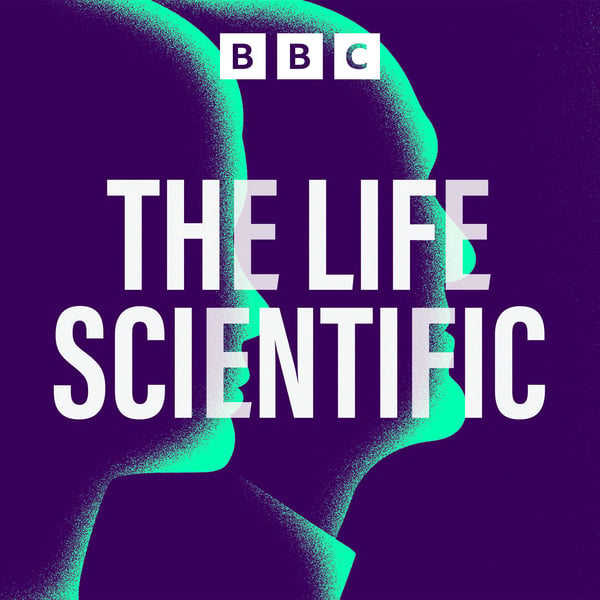Anna Korre on capturing carbon dioxide and defying expectations
The Life Scientific
BBC
4.6 • 1.4K Ratings
🗓️ 24 September 2024
⏱️ 29 minutes
🧾️ Download transcript
Summary
As the famous frog once said, it's not easy being green. And when it comes to decarbonising industry, indeed, reducing emissions of all sorts, the task is a complex one.
Fossil fuels are used to manufacture some of mankind’s most ubiquitous products, from plastics to cement to steel; and even in areas where we’re trying to improve our footprint, there are repercussions. Mining lithium for electric car batteries isn’t exactly without impact. Add to the mix stories of corporations prioritising profits, and governments focusing on short-term popular policies – and it would be easy to feel disheartened.
Professor Anna Korre says her role is to be the champion of science in this debate: providing clear evidence to help reduce environmental impacts, while allowing vital production processes to continue.
Anna is an environmental engineer at Imperial College London and Co-Director of the university’s Energy Futures Lab. Her work has led to a risk model that's now used in mining operations around the world – and her current research into sub-surface CO2 storage could hold the key to decarbonising British industry. But as she tells Jim Al-Khalili, social and familial expectations when she was growing up in her native Greece meant her succesful career in engineering very nearly didn't happen...
Presented by Jim Al-Khalili Producer by Lucy Taylor
Transcript
Click on a timestamp to play from that location
| 0:00.0 | I'm Kim Ketrau and I want to tell you about my new podcast a new audio drama telling the history of the CIA from the inside out. |
| 0:09.0 | The United States of America was suddenly its worst domestic attack. |
| 0:14.0 | He's got to convince Congress to give him an open checkbook now. |
| 0:18.0 | America has suffered its worst domestic attack of the 20th century at Pearl Harbor. |
| 0:23.0 | How do we make contact with the NKGB? |
| 0:27.0 | Central Intelligence, starring me, Kim Kertral, Ed Harris, and Johnny Flynn. |
| 0:31.0 | There's $50,000 in it for you if you say yes. |
| 0:34.8 | Listen on BBC Sounds. |
| 0:38.8 | BBC Sounds, music radio podcasts. |
| 0:42.1 | Hello and welcome to the podcast edition of the Life Scientific. |
| 0:45.0 | I'm Jim Alkalelei and this is the show where I get to talk with some of the world's leading scientists |
| 0:50.0 | and you get to find out what drives them. |
| 0:52.0 | So sit back, get comfortable and enjoy the effort. and you get to find out what drives them. |
| 0:52.6 | So sit back, get comfortable and enjoy the episode. |
| 0:55.6 | Plenty of us mull over how we can be more green in our daily lives, |
| 1:00.6 | recycling and creating less waste, maybe getting an electric car, traveling less by plane, |
| 1:06.1 | transitioning to renewable energy in our homes. |
| 1:09.3 | When it comes to industry, decarbonisation, indeed reducing emissions of all sorts, gets more complicated. |
| 1:16.0 | Fossil fuels are used to manufacture some of mankind's most ubiquitous products, from plastics |
| 1:20.8 | to cement to steel, and creating them comes with an environmental price tag. |
| 1:27.0 | The bad news is that even in areas where we're trying to improve our footprint, there are repercussions. Mining lithium for electric car batteries |
| 1:34.4 | isn't exactly without impact. Add to that stories of corporations |
... |
Please login to see the full transcript.
Disclaimer: The podcast and artwork embedded on this page are from BBC, and are the property of its owner and not affiliated with or endorsed by Tapesearch.
Generated transcripts are the property of BBC and are distributed freely under the Fair Use doctrine. Transcripts generated by Tapesearch are not guaranteed to be accurate.
Copyright © Tapesearch 2025.

